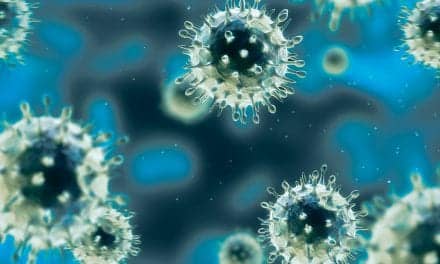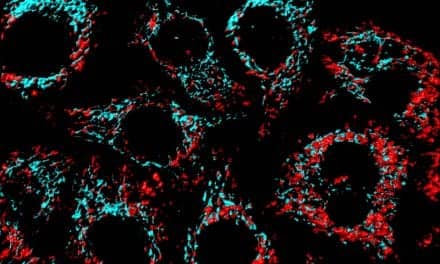According to a new study, the common practice of growing influenza vaccine components in chicken eggs disrupts the major antibody target site on the virus surface, rendering the flu vaccine less effective in humans.
“Now we can explain — at an atomic level — why egg-based vaccine production is causing problems,” said TSRI Research Associate Nicholas Wu, PhD, first author of the study, published recently in the journal Plos Pathogens.
For more than 70 years, manufacturers have made the flu vaccine by injecting influenza into chicken eggs, allowing the virus to replicate inside the eggs and then purifying the fluid from the eggs to get enough of the virus to use in vaccines.
The subtype of influenza in this study, called H3N2, is one of several subtypes shown to mutate when grown in chicken eggs, and the researchers say the new findings further support the case for alternative approaches to growing the virus.










